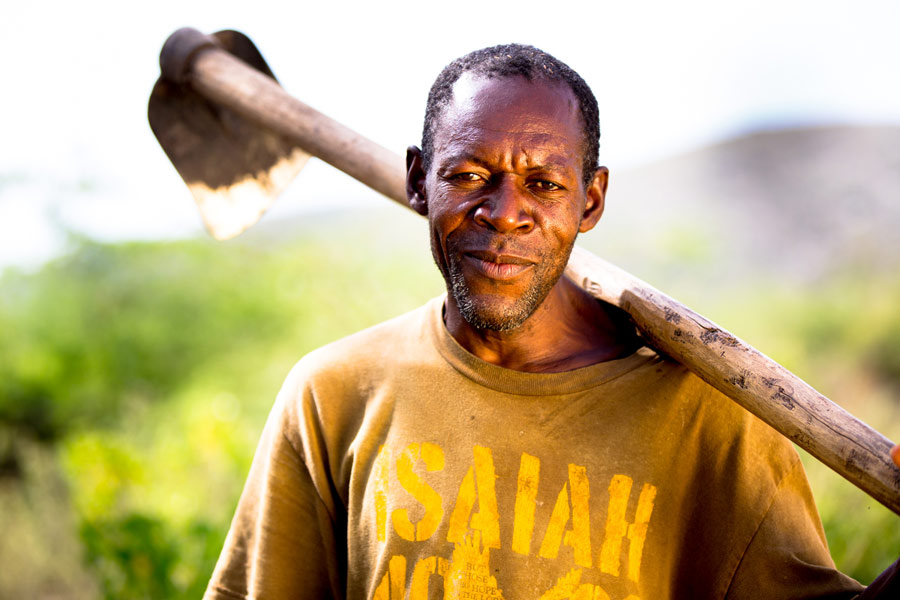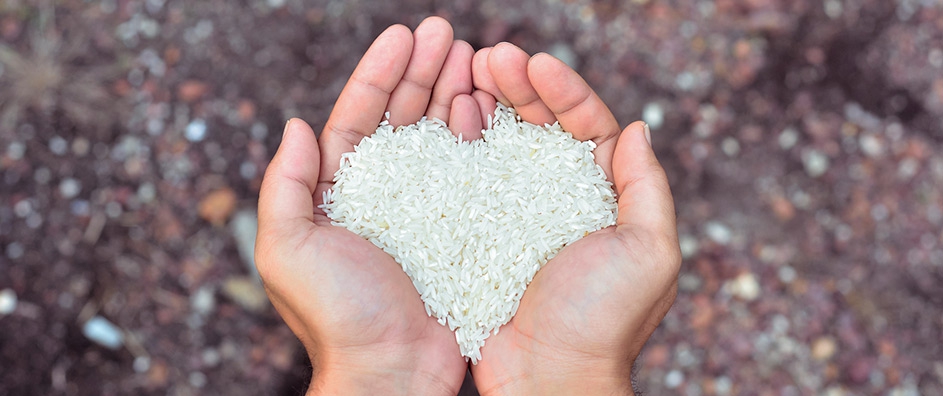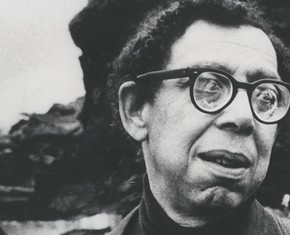The views expressed in our content reflect individual perspectives and do not represent the authoritative views of the Baha'i Faith.
First and foremost is the principle that to all the members of the body politic shall be given the greatest achievements of the world of humanity. Each one shall have the utmost welfare and well-being. To solve this problem we must begin with the farmer; there will we lay a foundation for system and order… – Abdu’l-Baha, Foundations of World Unity, p. 39.
By 2050, we’ll all have a lot more neighbors.
According to recent data, the global population will explode from the world’s current 7+ billion to a hard-to-imagine 9 billion people in the next 30 years, with the highest rate of growth occurring in developing countries. The world has never seen such a rapid growth in its population. This, along with changing diets resulting from a collective rise in income, will require a significant increase in food production. That will present the Earth’s people with one of the greatest challenges we’ve ever faced, made even harder by the deleterious effects of climate change.
 If we want our children and grandchildren to thrive in the 21st century, then we must immediately grapple with the challenge of feeding our growing population—and doing so sustainably. We believe that the solution lies with a demographic that, despite its large constituency, has suffered in the shadows for far too long: the 500 million smallholder farms in Asia, sub-Saharan Africa, and Latin America.
If we want our children and grandchildren to thrive in the 21st century, then we must immediately grapple with the challenge of feeding our growing population—and doing so sustainably. We believe that the solution lies with a demographic that, despite its large constituency, has suffered in the shadows for far too long: the 500 million smallholder farms in Asia, sub-Saharan Africa, and Latin America.
Over two billion of the world’s people live and work on small-scale farms, and together they produce 80% of the food supply in these regions. The people who work and subsist on these farms have increasingly become critical partners in our food supply chains. Together, these smallholder farmers have the power to not only feed our growing global population, but also reduce rural poverty and usher in an era of more sustainable agricultural practices.
Despite the importance of smallholder farmers to food production and security, they often lack the technology, infrastructure, and market access needed to increase their productivity and incomes. The majority live in poverty and on the margins of society, making them extremely vulnerable to increasing economic and climate variables. These challenges keep smallholder farmers from reaching their full potential—but they also represent a unique opportunity and business investment imperative for global food and beverage companies. By supporting smallholder farmers, we have the ability to improve livelihoods while increasing yields and guaranteeing a reliable source of sustainably grown crops.
Smallholder farmers, then, represent the best possible solution for global sustainability in the face of our coming population boom.
How can those of us who recognize the importance of smallholder farmers to our businesses and to society help remove the constraints that prevent them from running viable and profitable enterprises? The answer must lie in the unity represented by cross-sector partnerships. Whether it’s with other industry players, nonprofits, or local governments, collaboration always precedes success in developing and implementing these programs. Much of what we know has come from our work with the Clinton Global Initiative (CGI), which pioneered such cross-sector partnerships and moved us beyond philanthropy to putting social and environmental benefit at the very heart of business.
Through CGI, we have each made Commitments to Action, or concrete and measurable plans, to embark on efforts such as empowering Ghana’s smallholder farmers to supply commercial markets with peanuts, and connecting Haitian smallholder farmers to the rapidly growing international market for moringa leaf powder. Others of us have committed $1 billion to bring more small and medium enterprises, especially those owned and operated by women, into our company’s global supply chain. Our experiences informed a recent CGI report that highlights the critical importance of partnerships in enabling investments in smallholder farmers.
The inevitable global population boom makes it crucial that we all continue to work across sectors to enable long-term growth in smallholder businesses and connect large multi-national food companies with small-scale farms.
Now is the time to reignite a conversation about global food production, with nothing less than a transformation of our food system as the goal. To ensure this happens, we must recommit to supporting the smallholder farmers whose destinies directly and inextricably link to our own.
[This essay originally appeared on the Quartz website, and was co-written by Neil Barrett, vice president of sustainable development, North America, at Sodexo; Timote Georges, co-founder and executive director of the Smallholder Farmers Alliance; Blanca Juti, chief corporate relations officer at Heineken; Jeff King, senior director sustainability, CSR, and social innovation at The Hershey Company; Hugh Locke, co-founder and president of the Smallholder Farmers Alliance; and Rebecca Marmot, global vice president, partnerships, at Unilever. It has been modified and adapted for BahaiTeachings.org]
















Comments
Sign in or create an account
Continue with Googleor